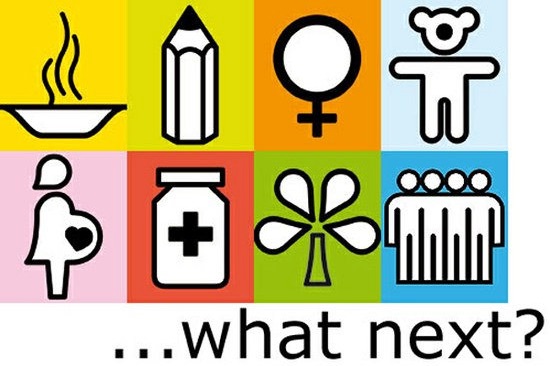The Millennium Development Goals are arguably the global community’s greatest attempt to address a variety of international development issues from extreme poverty and hunger to gender inequality and climate change. The result has been profound for those who have received such aid but it has also opened up a public forum involving Governments, the private sector, civil society groups and academics. With the MDGs concluding at the end of 2015, the post-2015 development agenda will set the stage for an ambitious, long-term agenda to improve people’s lives around the world and protect the planet for future generations.
Following the United Nations Millennium Summit held in 2000, eight international development goals were established, commonly referred to as the “Millennium Development Goals” (MDGs). Following the adoption of the United Nations Millennium Declaration, accepted by 189 states and multiple international organizations, the following goals were advanced:
- To eradicate extreme poverty and hunger
- To achieve universal primary education
- To promote gender equality and empower women
- To reduce child mortality
- To improve maternal health
- To combat HIV/AIDS, malaria, and other diseases
- To ensure environmental sustainability
- To develop a global partnership for development
Progress towards the MDGs is monitored through a set of 21 measurable and time-bound targets and 60 indicators addressing extreme poverty and hunger, education, women’s empowerment and gender equality, health, environmental sustainability and global partnership. A 2014 Progress Chart provides an assessment of progress on the eight goals. According to the 2014 report, there have been enormous strides in certain areas such as eradicating extreme poverty and hunger. In 1990, almost half of the population in developing regions lived on less than $1.25USD a day. This rate dropped to 22 percent by 2010, reducing the number of people living in extreme poverty by 700 million. Some goals, however, such as gender equality and maternal health had insufficient progress while others such as environmental sustainability saw no progress and even deterioration. Global emissions of carbon dioxide (CO2) continued their upward trend and those in 2011 were almost 50 percent above their 1990 level.
The United Nations had hoped that the above goals would be achieved by 2015. Many of these goals, however, remain unmet. Perhaps the greatest question is what will the post-2015 agenda look like? According to the United Nations website, the new development agenda will need to advance sustainable development by improving economic and social well-being while protecting the environment, and addressing issues such as inclusive growth, equality, peace and security, governance and human rights.
Consultations to develop the post-2015 agenda have already begun and in fact, began a few years ago. In the past few years many different reports, events and processes have fed into establishing the post-2015 development agenda, including reports by the Secretary-General, the High-level Panel on the Post-2015 Agenda, the UN Development Group, UN Global Compact, Sustainable Development Solutions Network , the Open Working Group on sustainable development goals, and the Intergovernmental Committee of Experts on Sustainable Development Financing. Efforts have also been made to ensure that the process is inclusive to everyday citizens. A website entitled “The World We Want 2015” has been launched to engage people in a global conversation. Another site, “MY World“, is a survey, which seeks opinions on the issues that matter most to citizens. The website has received millions of votes in over 190 countries.
There have been criticisms over the years that the original MDGs were doomed from the beginning. According to Michael A. Clemens at the Center for Global Development, the goals were bound to fail primarily because of how they were set and the fundamental limitations of aid and other policies. For instance, MDG 2 negates the accomplishments of countries and focuses on the distance between the status quo and perfection by requiring not only universal enrollment but also universal completion by 2015. Other scholars such as William Easterly at the Brookings Institution suggest that the MDGs are poorly and arbitrarily designed to measure progress against poverty and deprivation, and that their design makes Africa look worse than it really is. Both academics advocate for the next round of goals to be: country-specific and flexible; take historical performance into account; focus more on intermediate targets than outcomes; and be considered benchmarks to spur action in cases where assistance is not working, rather than goals technically feasible with sufficient funds alone.
This past week, Secretary-General Ban Ki Moon, urged world leaders gathered at the World Economic Forum in Davos, Switzerland to maintain their commitments to development in the coming years:
“The most important priority is that these goals should be people-centred, planet sensitive and climate friendly,” he continued. “People should be at the centre of our vision. That’s what I’m asking you to continue to do,” he told delegates.
Whatever the goals may be, there is no doubt they will have a profound effect on the lives of those most vulnerable.




